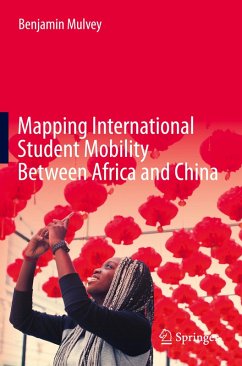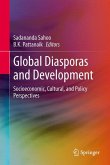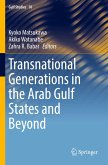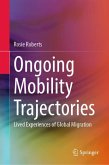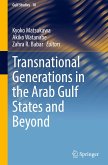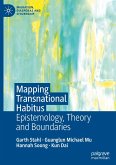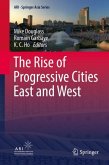This book examines an emergent pattern of international student mobility: that of international students from across the African continent who are enrolled on degree programmes at Chinese universities. China is among the most popular destination countries for African students, yet there has been little research to-date into this emergent mobility pattern. Drawing on data from a series of interviews, the book focuses on the specific modalities of integration into the global economy of both the sending region and the host country, and examines how these shape the decision-making, experiences, and future aspirations of mobile students. It also highlights how incipient flows of international student migrants, such as those between various African countries and China, are calling into question a number of the axioms around the study of international study mobility that were developed with reference to more established migration patterns, which tend to flow from other regions to the West.These include, for example, the idea that international students are generally privileged members of the global middle class who seek an education abroad as part of a strategy to accumulate cultural capital and reproduce social privilege. This novel work is of interest to researchers in human geography, sociology, development studies, migration studies, and particularly those studying China-Africa relations.
Bitte wählen Sie Ihr Anliegen aus.
Rechnungen
Retourenschein anfordern
Bestellstatus
Storno

